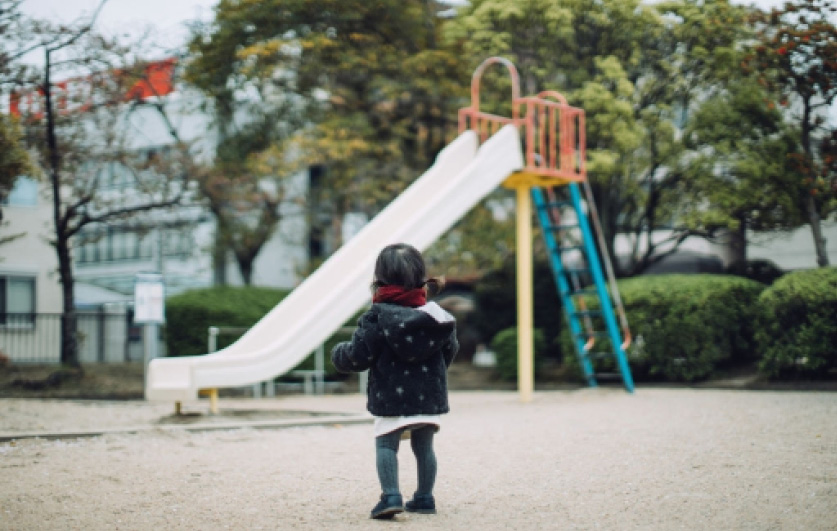Care and protection for child refugees
Care and protection for child refugees UrsulaChildren are among the most vulnerable members of society and it is our shared responsibility to protect, nurture and care for them. 
This is according to the Minister of Social Development, Lindiwe Zulu, who recently launched the European Union (EU) Global Promotion of Best Practices for Children in Migration or Children on the Move.
“Children in migration or children on the move are particularly vulnerable to exploitation, abuse and neglect,” says Minister Zulu.
The programme was launched in partnership with the EU and United Nations Children’s Fund to help provide for the basic needs of unaccompanied and undocumented minors living in South Africa.
It is envisaged that the R19 million initiative will improve access to integrated child protection services and alternative care options to avoid the detention of children.
It is estimated that there are 642 000 migrant and refugee children in South Africa, making it the country with the largest child migrant population on the continent.
“We owe it to our children, irrespective of their nationality, to ensure that we build a caring society that enables each child to reach their full potential in all areas of their lives.
“Every child has the right to life, survival and development. We expect this for our children, and we should accept no less for refugee children,” the Minister says.
Over the years, South Africa has experienced the migration of unaccompanied and undocumented children from Zimbabwe, Lesotho and Mozambique.
“As a country, we view this as a humanitarian issue, rather than a matter of border control, because children migrate for a variety of reasons,” Minister Zulu explains.
To protect and promote children’s rights, Minister Zulu says it is every citizen’s obligation to ensure that all children on the move are treated with dignity and respect, and any instances of abuse and exploitation must be reported and investigated.
The department established the national steering committee on unaccompanied and separated children to address this. The committee aims to:
- Develop and implement common standard operating procedures to ensure the coordination of services, and
- Find long-lasting solutions and ensure the right to protection, safety and dignified repatriation for unaccompanied and separated children.
The department has also signed cross border collaboration with Lesotho, Mozambique, eSwatini and Zimbabwe.